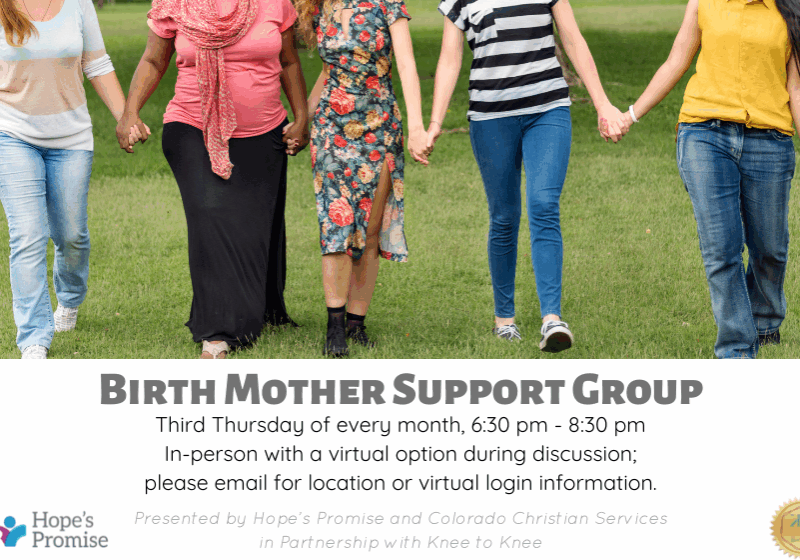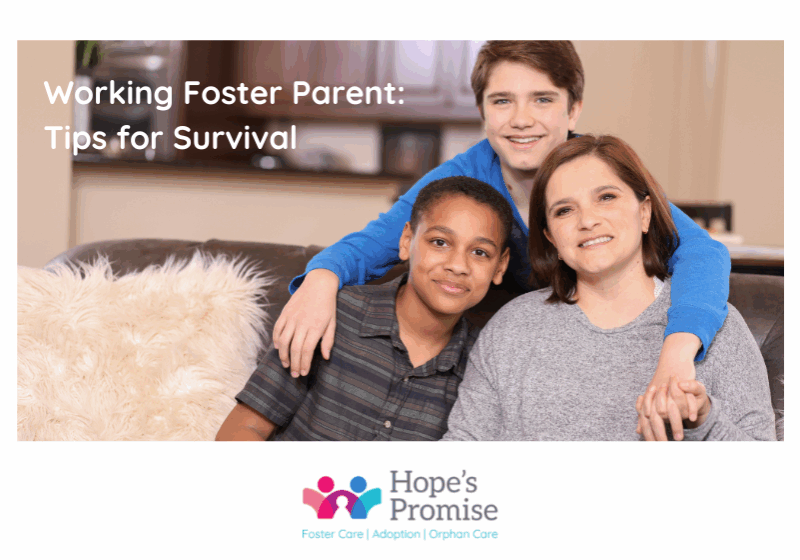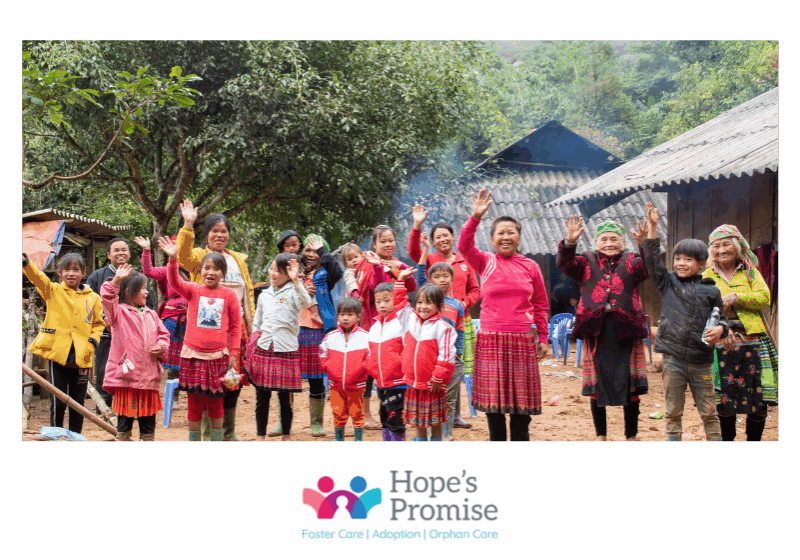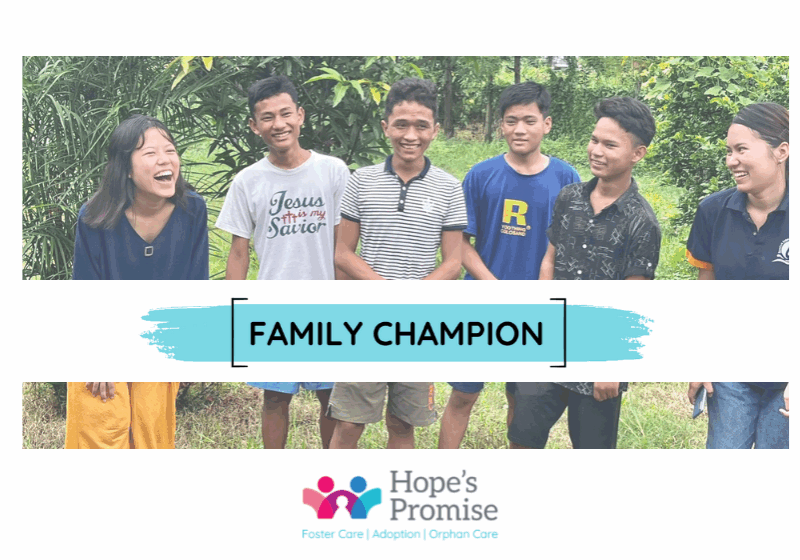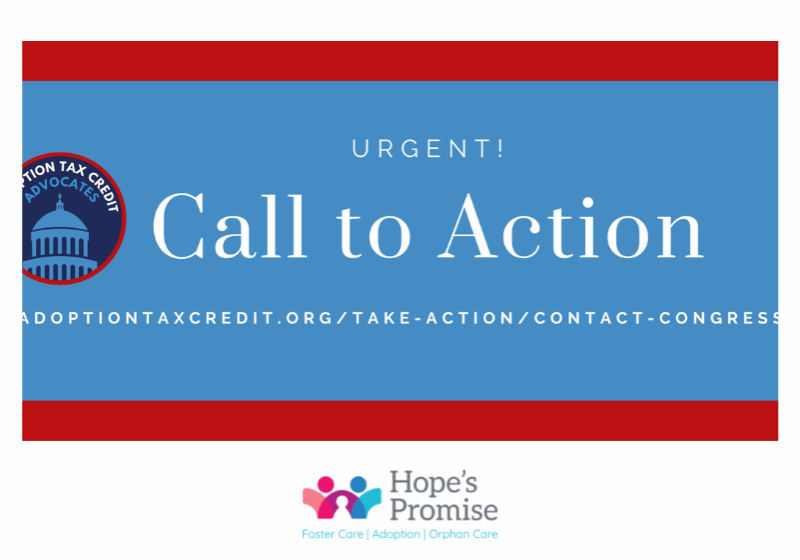Latest News
A Lifetime of Healing: Caring for Birth Moms
At Hope’s Promise, we never stop caring for birth moms. Once a birth mother has placed with an adoptive family, we believe in providing continuing opportunities for...
Working Foster Parent: Tips for Survival
Shared blog by FosterMama At Hope's Promise, we want to provide our amazing foster parents (and potential foster parents) with as many resources as possible so that...
Hope and Transformation in Vietnam
by Colleen Briggs, Hope's Promise Director of Orphan Care The Vietnam Country Coordinator tells our team that we will visit a village in the mountains where two...
Be a Family Champion
Child Sponsorship Re-imagined by Hope's Promise Hope’s Promise worked hard in 2022 to identify a new model of partnership designed specifically for the needs of an orphaned...
Adoption Tax Credit
URGENT---TAKE ACTION NOW! from our friends at the National Council For Adoption Join us in asking Congress to include the Adoption Tax Refundability Act in Year-End Legislation...

